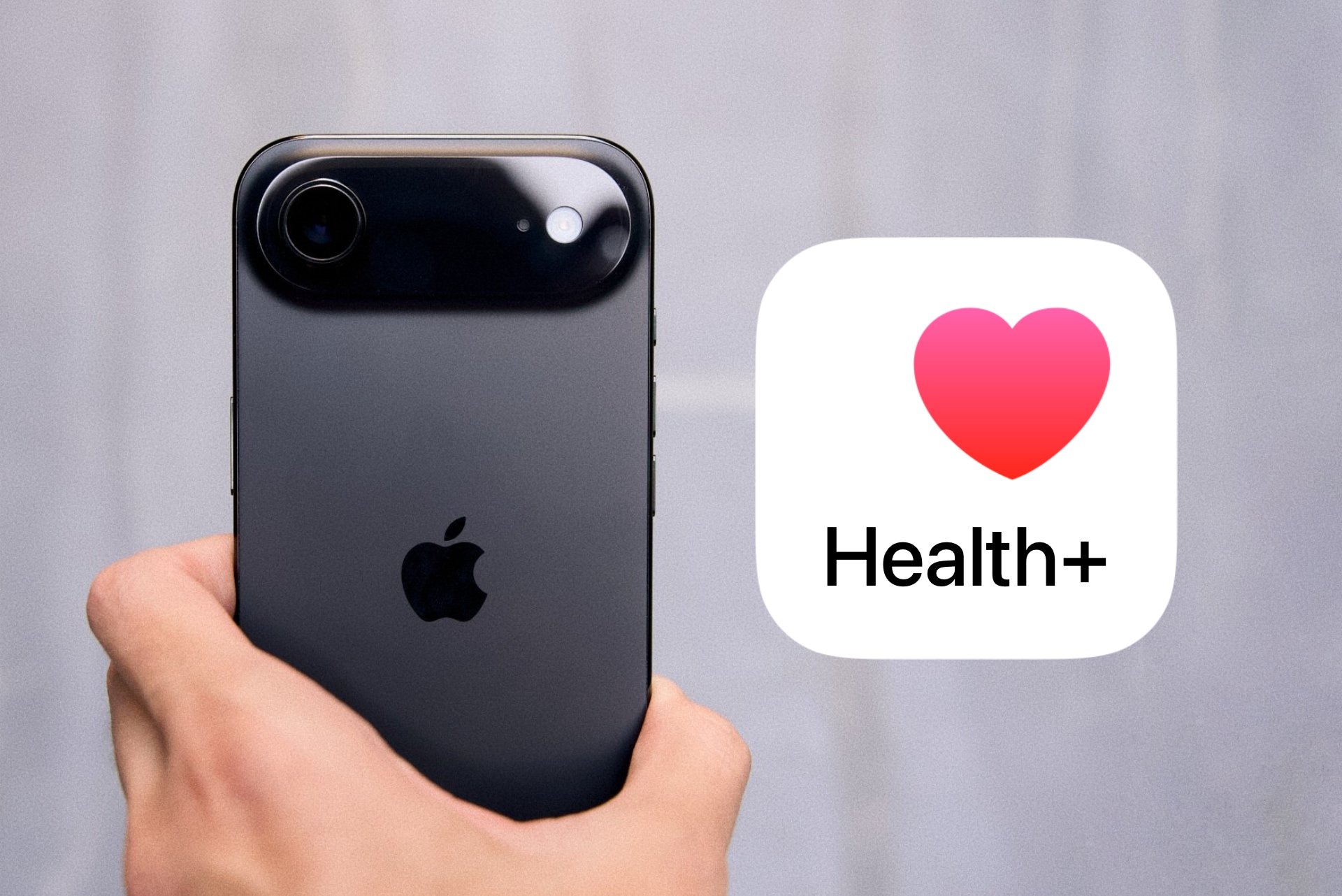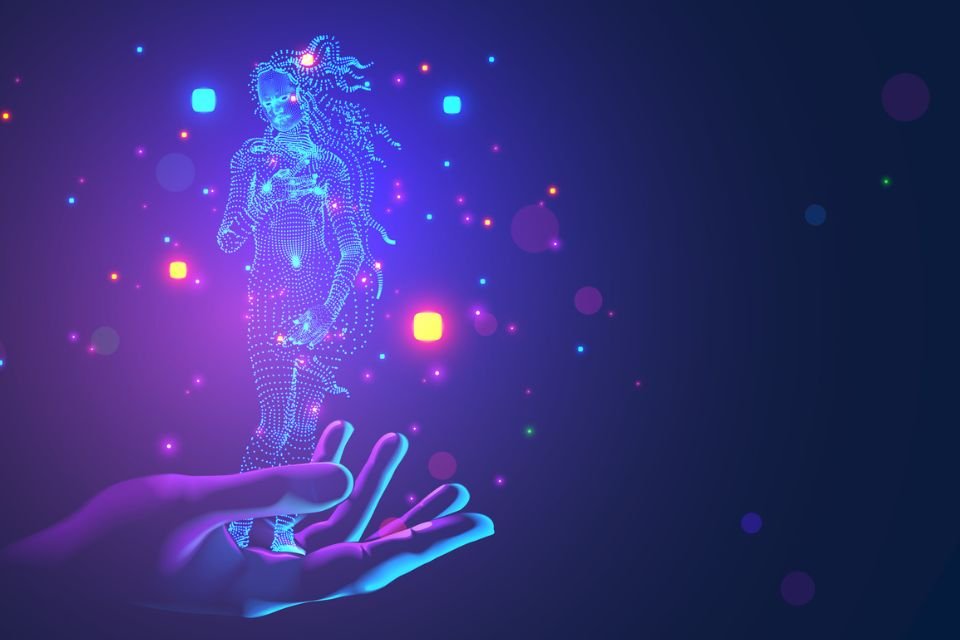Artificial intelligence (AI) is becoming more and more common in our lives, and its influence extends to the world of copyright. With the increasing ability to produce content, the question arises: Who owns the copyright to works created by machines?
Before we tackle this topic, it’s important to understand how copyright protection works. Under international law, copyright is the protection afforded to the creators of literary, artistic, musical, intellectual works, among others. The copyright holder has the exclusive right to reproduce, distribute and control the use of his work.
With the advancement of AI, new ways of creating intellectual works are emerging. For example, computer programs can produce music, text, and even works of art.
In these cases, who is considered to be the creator of the job: the machine or the programmer who created it?
The answer to this question is still unclear and depends on the laws of each country. Some countries, such as the United States and Brazil, consider that only people can be copyright holders. Others, such as the UK and Australia, allow companies to own a copyright; this paves the way for a creative machine to be recognized as the copyright holder.
Regardless of legislation, the issue of authorship of AI-generated works raises other important issues such as protecting intellectual property and remuneration of creators. If a machine creates a commercialized work, who gets the profits from it?
A possible solution would be Creation of a new copyright category dedicated to AI-generated works. These rights can be given to the programmer of the machine, who will be responsible for managing them and receiving the profit from the business. This guarantees a form of protection and remuneration for creators, without ignoring the importance of machines in the creation of new intellectual works.
Another solution would be to create custom licensing systems for AI-generated work. In these systems, companies and creators can obtain licenses to use machine-generated works by paying a fee to the copyright holder.
In summary, The issue of copyright and artificial intelligence is complex and still lacks a definitive answer. However, it is important that legislation keeps pace with developments in technology and offers forms of protection and remuneration for all those involved in the creation of intellectual works, whether produced by man or machine.
What’s up my dear reader? What did you think of this article? Did you know it’s 100% written by ChatGPT? I didn’t even have to fix anything. Not a comma.
I do a lot of research on its practical professional use and will share with you my impressions and conclusions. Let’s see if the machine will really replace the man.
Source: Tec Mundo
I am a passionate and hardworking journalist with an eye for detail. I specialize in the field of news reporting, and have been writing for Gadget Onus, a renowned online news site, since 2019. As the author of their Hot News section, I’m proud to be at the forefront of today’s headlines and current affairs.











